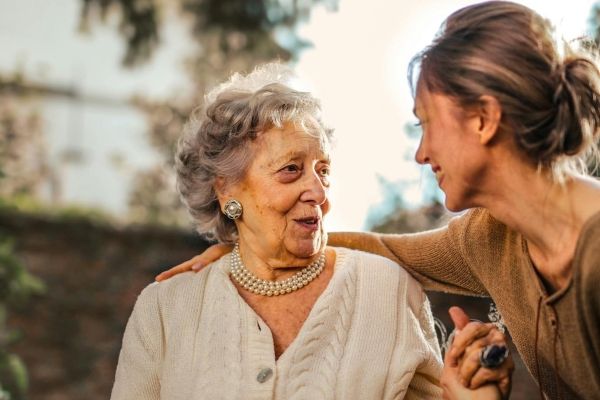In healthcare, biological age is a better predictor than chronological age
An international research team led by VITO has taken an important step towards precision healthcare. Their study shows that chronological age in years often does not correspond to a patient’s biological age. To provide effective preventive advice, chronological calendar age falls short, and more is needed.

Traditionally, health research has relied on chronological age. In this study, however, the researchers demonstrate that chronological age in years does not adequately reflect the actual ageing processes and associated health risks of an individual. Therefore, rather than relying on chronological age, they analysed a comprehensive profile based on no fewer than 38 biological age indicators: 29 epigenetic, 4 clinical-biochemical, 2 proteomic and 3 metabolomic.
The results show that the biological age of individuals of the same calendar age can vary considerably, yet remains strikingly stable within the same person over time.
Potential for personalised healthcare
These findings underline the importance of biological age as a reliable biomarker for an individual’s health status and risk of disease. Furthermore, when linked to digital twins — virtual models that evolve alongside an individual’s data — this concept could open the door to personalised and data-driven healthcare.
“Our results show that biological age can serve as a powerful health index. This paves the way for informing digital twins and enabling personalised healthcare,” says Gökhan Ertaylan (VITO)."
About the study
‘From ageing clocks to human digital twins in personalising healthcare through biological age analysis’ has been published in the renowned journal npj Digital Medicine. This publication is the work of Murih Pusparum and Gökhan Ertaylan (VITO), in collaboration with Olivier Thas (Hasselt University), Stephan Beck and Simone Ecker (University College London)











